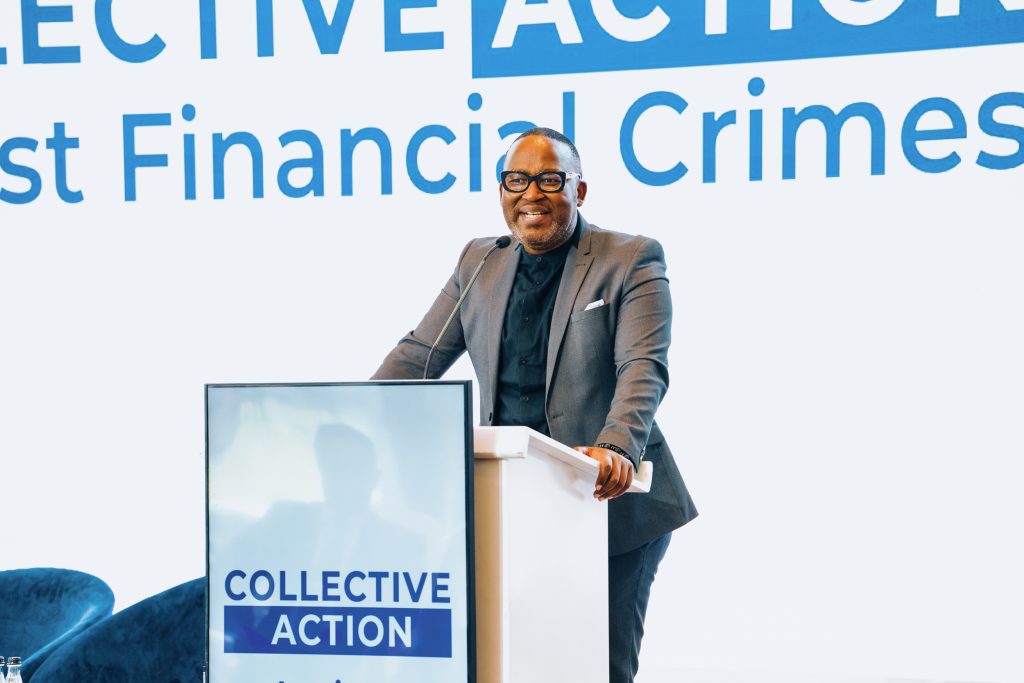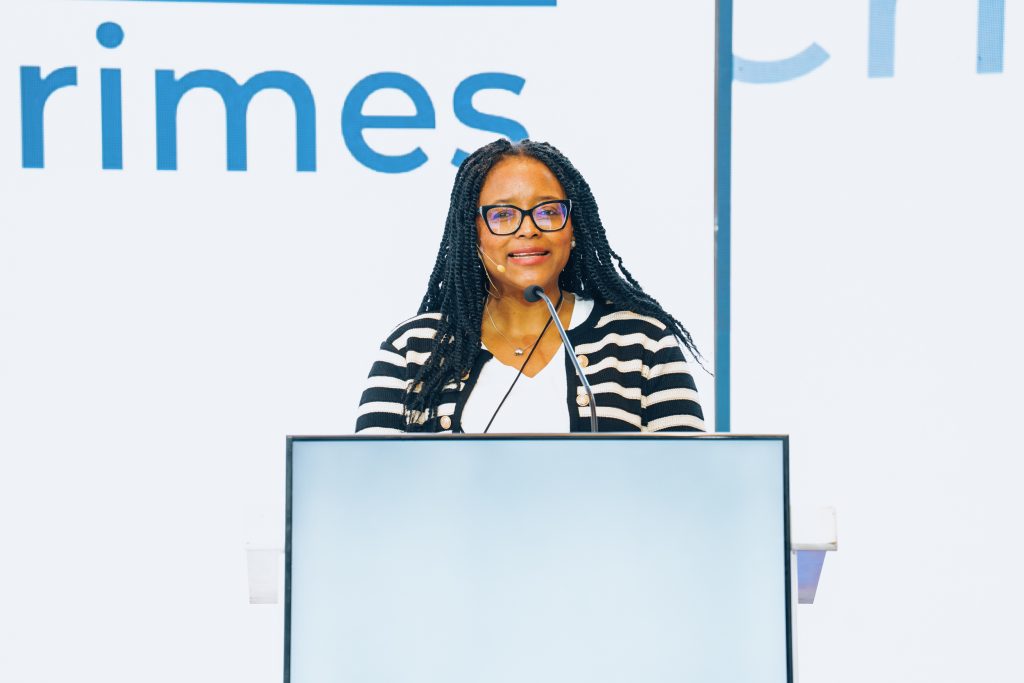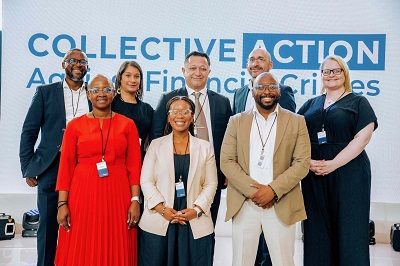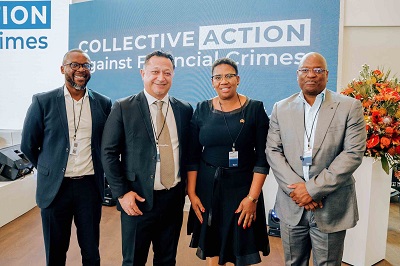Crackdown on Illicit Trade Urged as R155 Billion Lost to Financial Crime
Government, business and law enforcement call for unified national response to protect South Africa’s economy
By Thembi Moyo
Johannesburg, 6 November 2025, Business leaders, regulators, and law enforcement officials have joined forces to confront South Africa’s escalating financial and illicit trade crimes, warning that these activities pose a direct threat to the country’s economic stability and public welfare.
The urgent call for action came during the Collective Action Against Financial Crime Dialogue, held in Hyde Park on Wednesday and co-hosted by British American Tobacco South Africa (BAT SA) and the Consumer Goods Council of South Africa (CGCSA). The high-level gathering brought together key representatives from government, the private sector, and security agencies to strengthen collaboration in the fight against corruption, money laundering, and illicit trade.
Opening the dialogue, Consumer Goods Council CEO Zinhle Tyikwe said financial crime continues to rob South Africa of vital resources needed for development. She said that when public funds are lost through corruption and fraud, schools are underfunded, hospitals lack essential medicines, and infrastructure projects stall. The cost of financial crime, she added, is not only economic but also social, as it erodes trust and undermines the formal economy. Tyikwe emphasised that only through unified efforts between government and industry could South Africa make meaningful progress in curbing illicit flows and rebuilding economic integrity.
Delivering the keynote address, Dr Michael Masiapato, Chief Executive Officer of the Border Management Authority (BMA), said border control remains a critical front line in tackling the illegal trade that fuels financial crime. He said the BMA continues to invest in intelligence, technology, and inter-agency cooperation to stop illicit goods that drain national revenue. Masiapato also called for improved information sharing between government departments and the private sector to close gaps exploited by syndicates.
The discussions explored the role of technology, enforcement, and corporate ethics in promoting transparency. Participants agreed that South Africa needs a coordinated national framework to strengthen prevention, enforcement, and accountability mechanisms.
Closing the dialogue, Lieutenant General Tebello Mosikili, Deputy National Police Commissioner and Chairperson of the National Joint Operational and Intelligence Structure (NATJOINTS), issued a firm warning on the growing sophistication of financial crime networks and their corrosive impact on the economy. She revealed that in 2024 alone, the Financial Intelligence Centre (FIC) recorded illicit financial outflows exceeding R155 billion, excluding the secondary effects such as weakened investor confidence and reduced international credibility.
Mosikili said financial crime is not a victimless offence but one that undermines national security, fuels poverty, and erodes the state’s ability to provide essential services. She added that the South African Police Service (SAPS) has intensified its fight through Operation Shanela, which has led to the confiscation of millions of rand worth of counterfeit and illicit goods nationwide. Working with the National Counterfeit Goods Unit, SAPS and its partners have disrupted criminal networks involved in trade-related crimes, particularly in Gauteng, KwaZulu-Natal, and the Western Cape.
She cautioned that every time a consumer buys illicit goods, they are unintentionally funding the very networks that deepen poverty and deny legitimate businesses fair competition. Those selling and buying these products, she said, are not paying tax, and that revenue is what builds schools, creates jobs, and keeps communities safe. Mosikili also commended the Fusion Centre, a multi-agency initiative led by the National Treasury, SAPS, and the Special Investigating Unit (SIU), for improving intelligence coordination to trace and recover assets linked to financial crimes.
She urged all sectors to move from reactive enforcement to proactive prevention, calling for an integrated national approach anchored in transparency, ethics, and accountability. The fight against financial crime, she said, cannot be won by law enforcement alone. It demands a united response from business, regulators, and every citizen. Together, she concluded, South Africans can dismantle the networks that fuel corruption and restore public trust. Delegates closed the session by reaffirming their commitment to strengthen partnerships, align policies, and support collective efforts to safeguard South Africa’s financial integrity and economic future.








